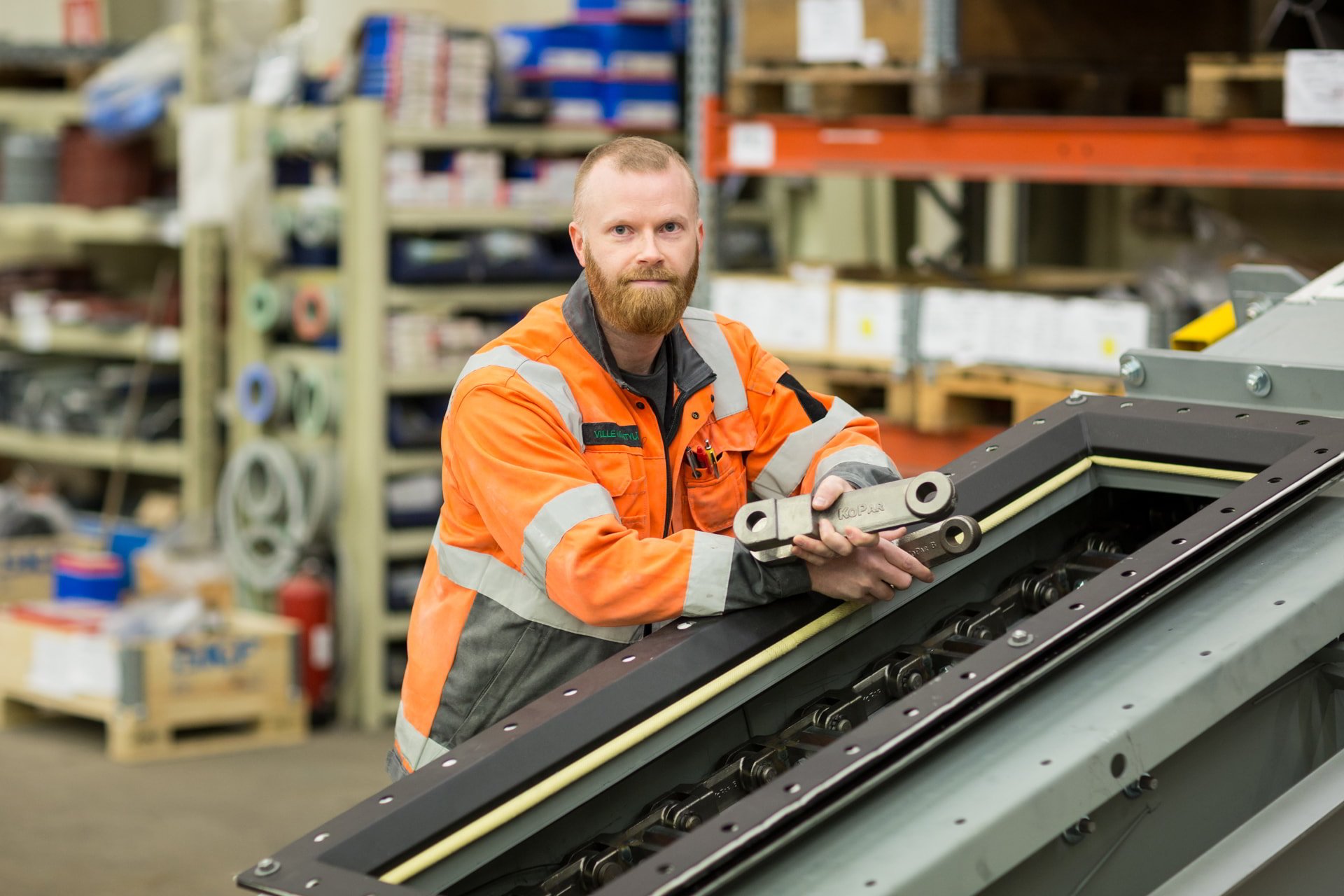Handling Battery Raw Materials: Best Practices and Common Mistakes
The handling of raw materials for lithium-ion batteries is a critical aspect of the battery manufacturing process, particularly in gigafactories and during the mining and refining stages. Proper handling techniques are essential to ensure the quality and safety of the final product. In this article, we will explore some common mistakes in handling battery raw materials and provide insights on how to avoid them.
Improper Storage of Raw Materials
One of the most common mistakes in handling battery raw materials is improper storage. Raw materials such as lithium, cobalt, and nickel are highly sensitive to environmental conditions. Exposure to moisture, for instance, can lead to contamination and degradation of these materials. It is crucial to store raw materials in a controlled environment with appropriate humidity and temperature levels to maintain their integrity.
Inadequate Safety Measures
Handling raw materials for lithium-ion batteries involves various safety risks, including exposure to toxic substances and the potential for chemical reactions. Inadequate safety measures can lead to accidents and health hazards. It is essential to implement stringent safety protocols, including the use of personal protective equipment (PPE), proper ventilation, and regular safety training for workers.
Cross-contamination
Cross-contamination of raw materials can significantly impact the quality and performance of lithium-ion batteries. For example, the presence of impurities in lithium can affect the battery's efficiency and lifespan. To prevent cross-contamination, it is important to use dedicated equipment and storage facilities for different raw materials. Regular cleaning and maintenance of equipment can also help minimize the risk of contamination.
Incorrect handling techniques
Incorrect handling techniques can lead to physical damage and loss of raw materials. For instance, improper lifting and transportation methods can cause spillage or breakage of containers. It is important to train workers on the correct handling techniques and use appropriate tools and equipment to ensure the safe and efficient handling of raw materials.
Failure to Monitor and Control Environmental Conditions
Environmental conditions such as temperature and humidity play a crucial role in the stability and quality of battery raw materials. Failure to monitor and control these conditions can lead to degradation and reduced performance of the materials. Implementing advanced monitoring systems and maintaining a controlled environment can help preserve the quality of raw materials.
Neglecting Regular Inspections and Maintenance
Regular inspections and maintenance are essential to ensure the proper functioning of equipment and the quality of raw materials. Neglecting these practices can lead to equipment failure, contamination, and other issues that can compromise the battery manufacturing process. Establishing a routine inspection and maintenance schedule can help identify potential problems early and ensure the smooth operation of the production line.
Conclusion
Proper handling of battery raw materials is crucial for the quality and safety of lithium-ion batteries. By avoiding common mistakes such as improper storage, inadequate safety measures, and cross-contamination, manufacturers can ensure the integrity of their raw materials. Implementing correct handling techniques, monitoring environmental conditions, and conducting regular inspections and maintenance further contribute to the efficiency and safety of the battery manufacturing process. By following these guidelines, manufacturers can optimize the performance and lifespan of their lithium-ion batteries.

You have a challenge that needs solving?
Let us help! Contact us for more information about our products and services.
